A Multiple Sclerosis Patient Underwent Regenerative Treatment
Endre Mathe, a 49-year-old man from Hungary, was diagnosed with Multiple Sclerosis, which is an autoimmune disease that severely affects his speech and muscular strength. Following a research that could treat his condition, Endre found Regenerative Treatment in Thailand and decided that it was the best option available for him.
Improvements Following the Treatment
As a part of his personalised Treatment Protocol, Endre received Regenerative Cells injections, Physiotherapy, Occupational Therapy, rTMS, and more. Only a few weeks into the treatment, Endre has already started to notice some improvements both in his speech and motor function. He is now able to stretch his fingers straight, which is something he was not able to do prior to receiving the treatment.
At the hospital facilities, Endre received the warmest welcome from both of his patient representative and staff. This Multiple Sclerosis is overall extremely happy with his brief, but memorable experience in Thailand.
Endre’s Continuous Journey to Undergo More Rehabilitation
Despite some of the improvements Endre saw so far, he is aware that it is extremely crucial to continue with the treatment and rehabilitation. Continuing to battle the disease, he now returns to Budapest with intense schedule of more rehabilitation ahead of him.
What is Multiple Sclerosis?
Multiple Sclerosis (MS) is a neurological condition of the brain and spinal cord, affecting the central nervous system. It is believed that Multiple Sclerosis is caused by the body’s own immune system attacking the protective sheath that covers nerve fibers, resulting in a damaged communication between the brain and your body. Some of the symptoms of Multiple Sclerosis include vision problems, mobility problems, speech difficulty, numbness, muscle weakness, impaired ability to think, learn, and depression.
Multiple Sclerosis most commonly occurs in patients from 15 years of age to 60 years old, at a 2:1 women to men ratio. There is currently no cure for Multiple Sclerosis in the present. However, Regenerative Treatment is known to have the ability to slow down the progression of the disease. In some cases, the regenerative property of the cells has been reported to yield significant improvements in the patients
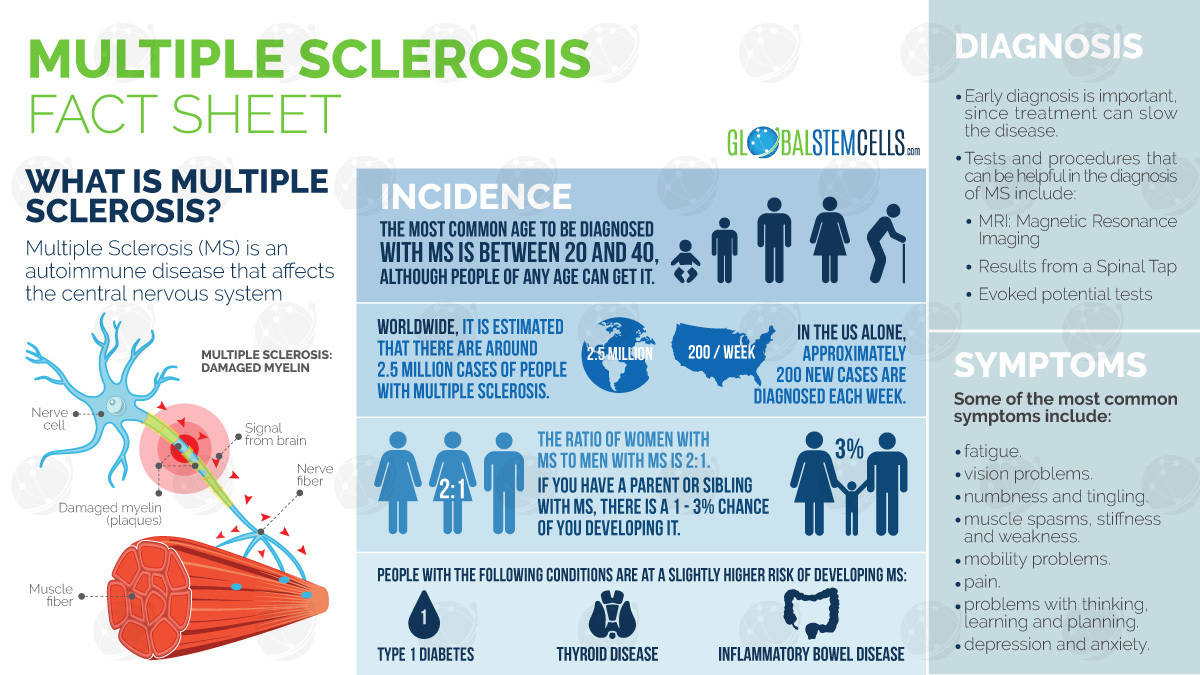



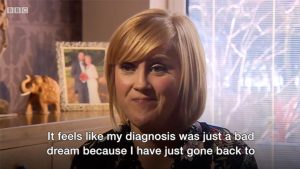
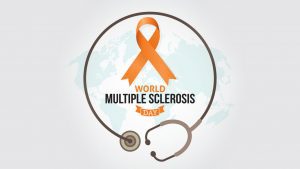

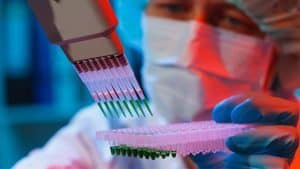
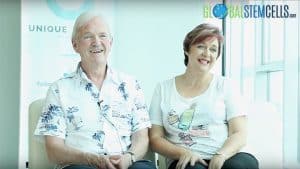
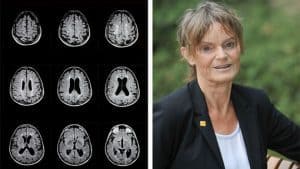
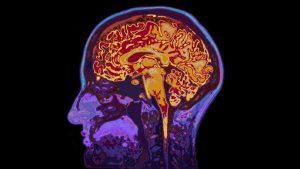

 English
English